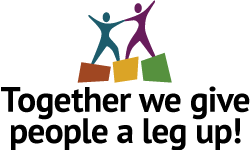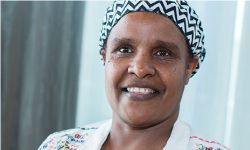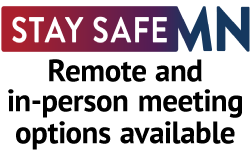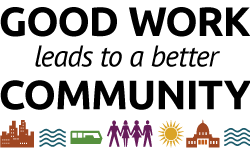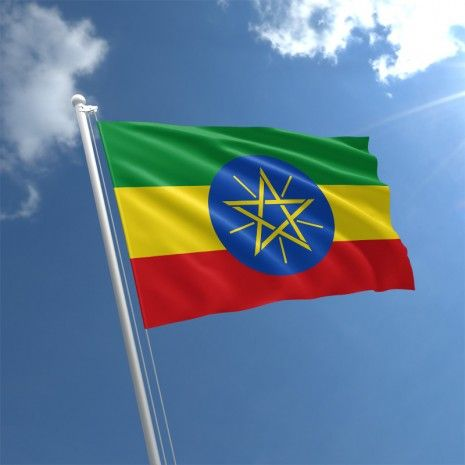
Learn about our neighbors from Ethiopia
Here at Daily Work, many of the job seekers that we partner with are from Ethiopia, although each of their journeys to Daily Work is unique. Some individuals are born in Ethiopia and move to the U.S with their families when they are children. Others may move during their teenage years and then graduate from a U.S high school. We also see people who are later in their lives and have only just arrived. Some are awaiting their families’ arrival, so that they can start their new lives in the U.S.
At Daily Work, understanding someone's life experience and story is very important to the work we do. Imagine trying to get to know someone and assist them in finding a job that fits their needs and lifestyle, but never knowing where they come from or the cultures that have shaped their life experiences?
When meeting someone from Europe, Americans tend to know more about their history and culture than when they meet someone from an African country. Why is this? Why do we have such vast knowledge about European countries, but tend to gain information about African countries from short commercial ads or even offensive stereotypes and TV shows?
This is where stigma and generalization can evolve, creating a blanket narrative for a large portion of Daily Work job seekers and, in fact, a large number of U.S citizens. However, Daily Work is committed to seeing each job seeker as a whole, unique individual.
At Daily Work we understand that culture influences someone's life experience and the lens in which they see the world. For example, there is a job seeker who is from Kenya and also identifies as a Christian. This job seeker told me that I am not his friend, but his sister. He says “May God bless you” after every phone call. Within his culture and beliefs, this is a respectful way to interact with a woman that you care for. To call her sister and wish her the best. If I did not know this, it might seem like an odd thing to say.
This is why we seek to educate ourselves about our job seekers and their culture. This knowledge also serves to promote connection and understanding and deepen professional and personal relationships.
Here are 15 facts about Ethiopia we’d like to share with you.
- Ethiopia is the oldest independent country in Africa.
- Ethiopia is the only African country that maintained its freedom from colonial rule aside from 2 small Italian invasions from 1936-1941.
- Ethiopia is the 2nd most populous country after Nigeria, having over 106 million people.
- “Ethiopia is roughly twice as big as Texas or five times the size of the UK.” (Ethiopia Facts for Kids, 2020, p. 19)
- Amharic is the main language spoken.
- More than 80% of the population lives in rural areas while the rest remains in urban areas.
- Life expectancy at birth for the total population is 67.5 years.
- The name of the country originates from the greek word “Aethiopia” which refers to lands south of Egypt.
- In Ethiopia, you are not considered a citizen by birth but only if at least one parent is a citizen of Ethiopia.
- Ethiopia's current president SAHLE-WORK Zewde is the first female elected to be head of state and is the first female president in Africa.
- Presidents in Ethiopia serve for 6 years and are eligible for re-election.
- Many Ethiopians use a time system from a 12-hour clock counting from dawn to dusk and dusk until dawn. They are the only country that does this and it is said to be because of their location to the equator and consistent sunlight throughout the year. Ethiopians use the sun as their clock!
- Ethiopia has its own bread called Injera. This is a staple in many dishes and often doubles as a plate and utensil to eat meals with.
- Ethiopia is where coffee was first discovered.
- Coffee ceremonies in Ethiopia are a very important part of the culture. Most important events start with this ceremony.
What creative ways can you think to utilize this information to lessen the impact of stigmas? I challenge you to make connections with your Ethiopian co-workers, neighbors, and peers! Inquiring respectfully about someone's culture and history can show that you care and have done your homework!
Resources
https://www.kids-world-travel-guide.com/ethiopia-facts.html
https://www.cia.gov/library/publications/the-world-factbook/geos/et.html
https://www.atlasandboots.com/interesting-facts-about-ethiopia/



